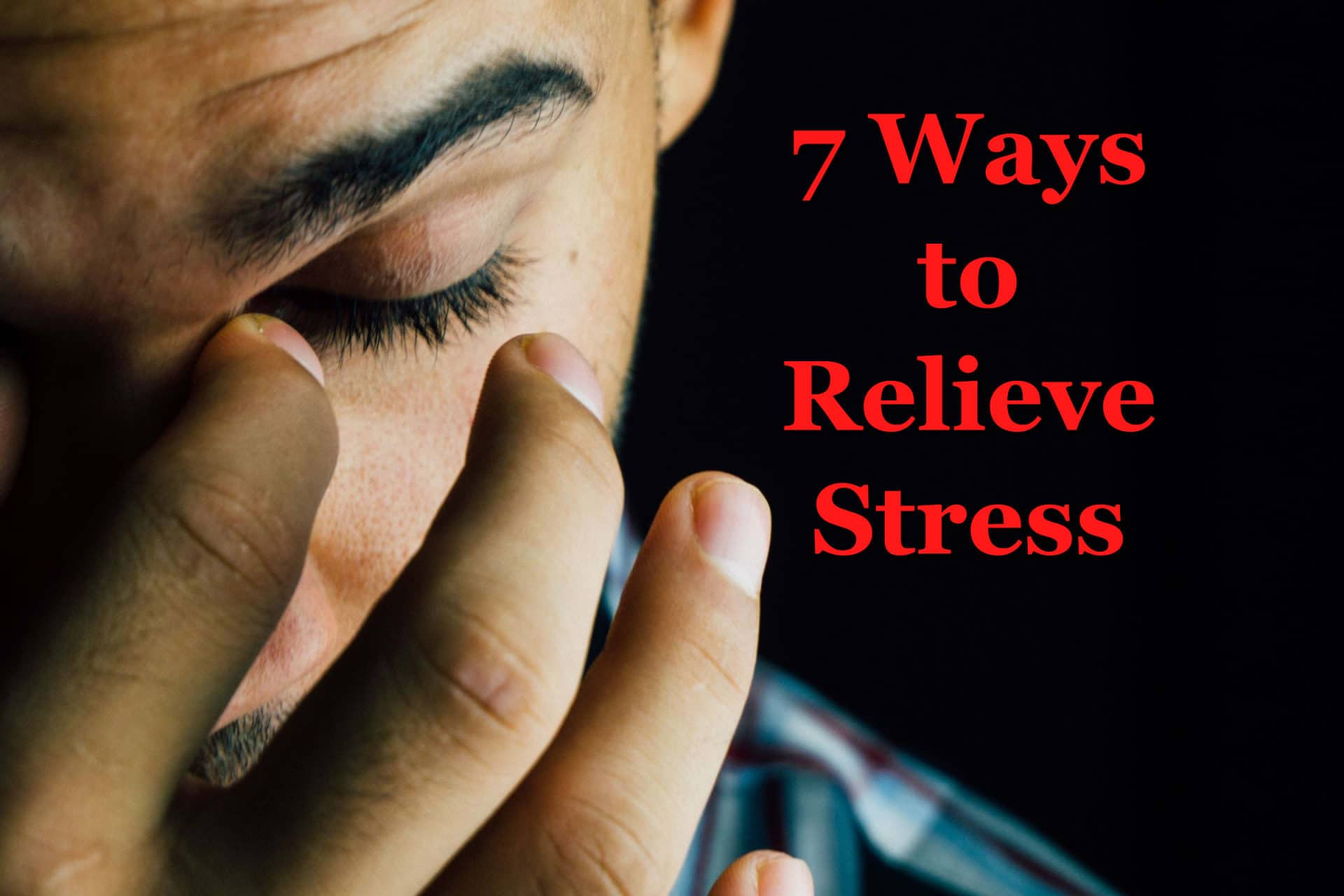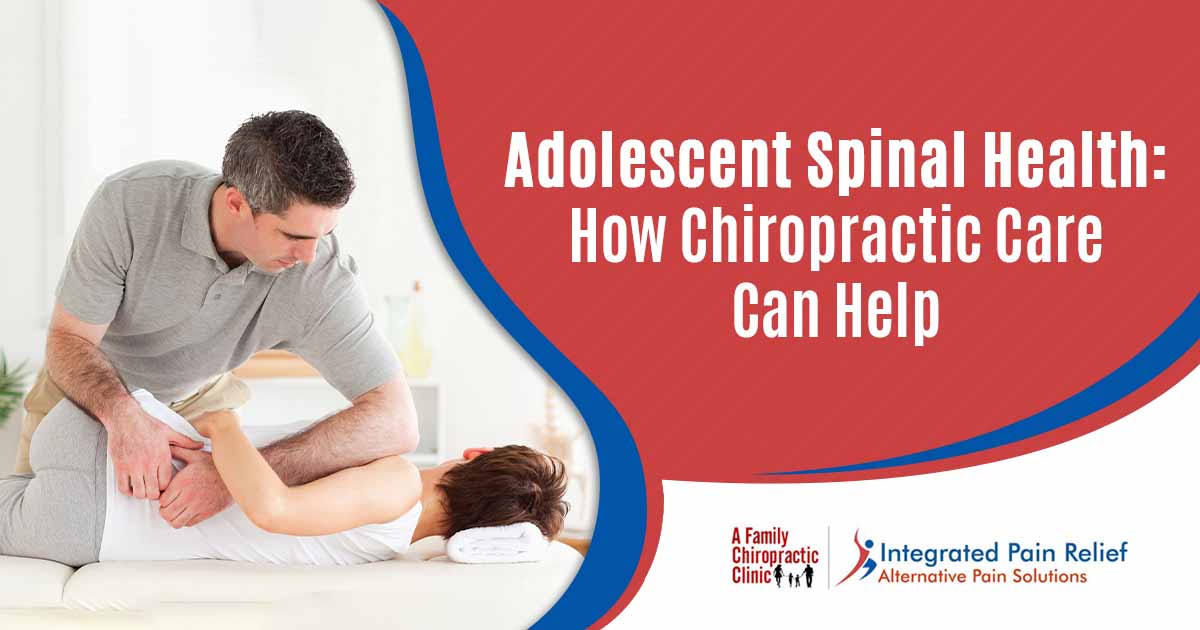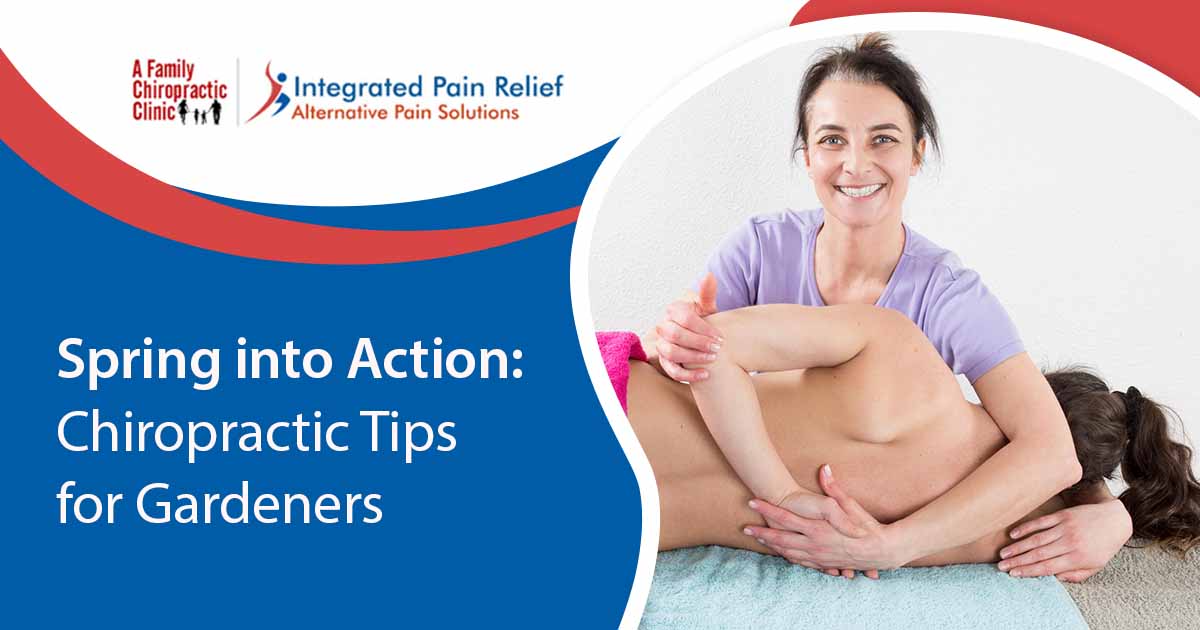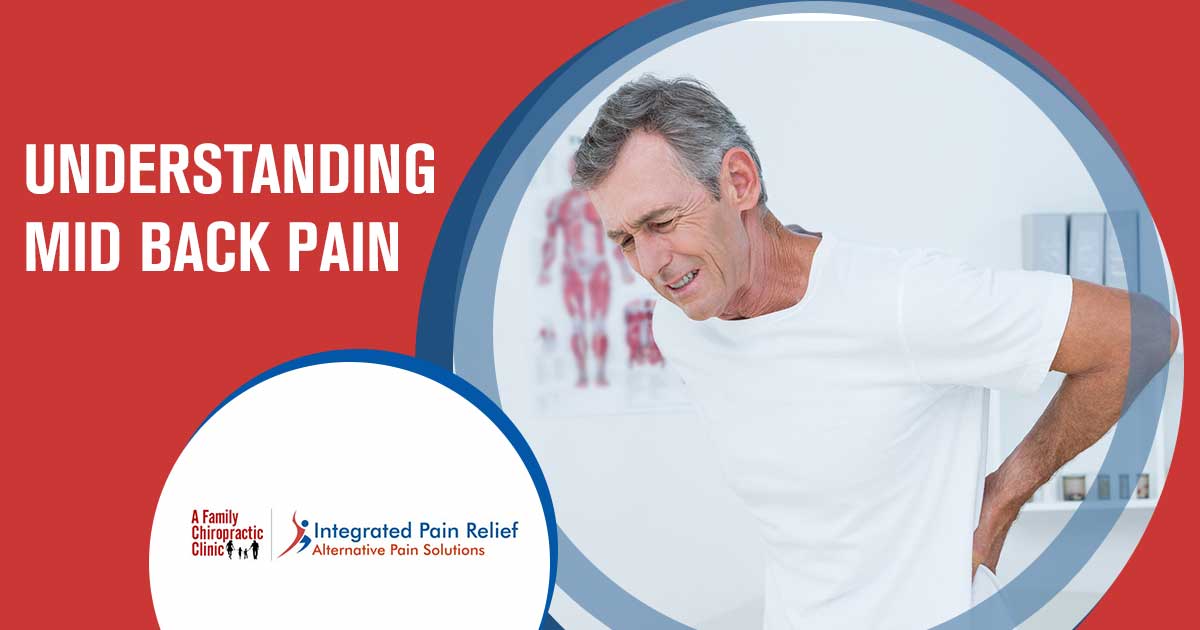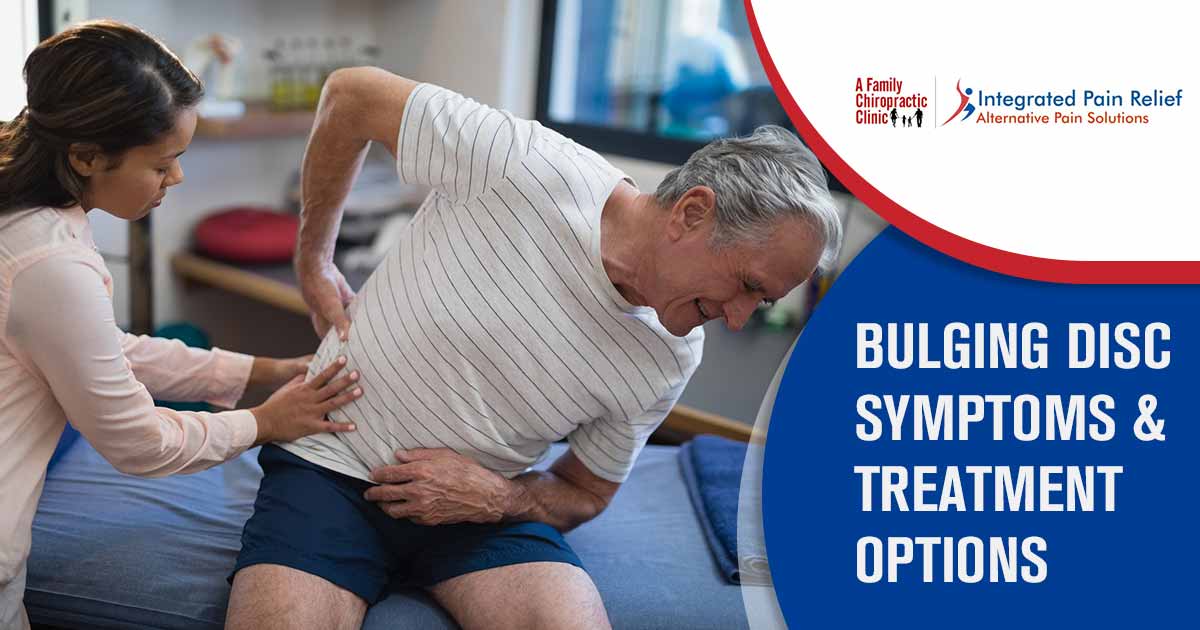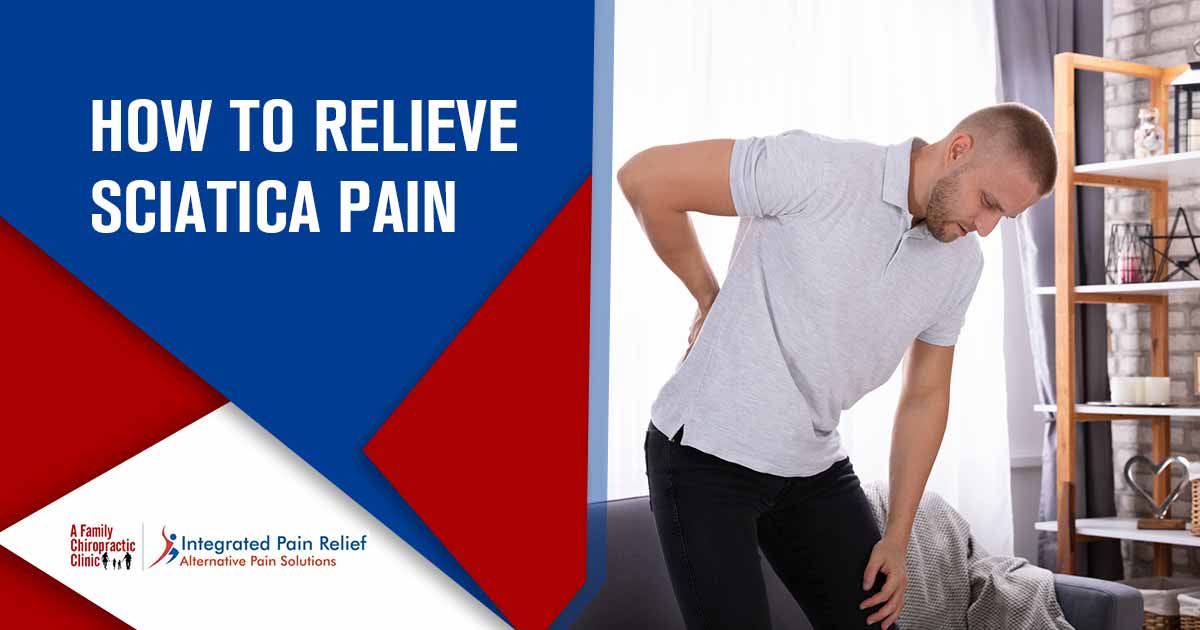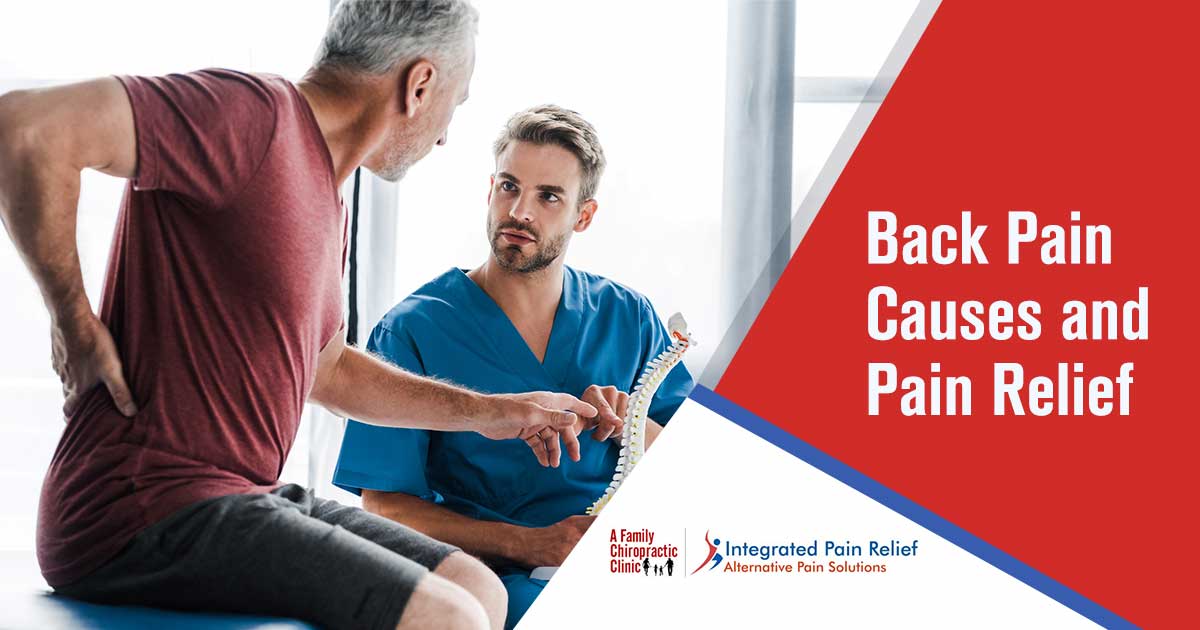Everyone deals with stress in their lives. Whether the source is from work, home, or school, it can have serious impacts on our health. A Gallup poll found that 55% of all Americans reported feeling stressed compared to 35% of people around the world. Easing the stress we feel in our lives is important for our mental and physical well-being. Understanding what can happen if we don’t deal with this stress is just as important as finding ways to relieve stress.
How Stress Affects the Body
When you hear people say, “I’m so stressed out”, it’s because they’re feeling the effects stress is having on their bodies. Stress can impact just about every part of the body. Stress hormones in the body trigger the “fight or flight” response in the body. Adrenaline and cortisol get your heart beating fast, your breath getting faster, and your muscles tensing up.
Stress can lead to:
- Headaches
- Depression
- Heartburn
- Insomnia
- Rapid breathing
- Weakened immune system
- High blood sugar
- High blood pressure
- Stomach problems
- Infertility
Too much stress can also lead to overeating, which can cause health problems like diabetes and obesity. With all of the negative ways that stress can affect the body, it’s important to find ways to relieve stress to avoid these conditions.
Ways to Relieve Stress
If you’ve been feeling stressed and aren’t sure how to combat it, try these activities to help you feel relaxed.
1. Exercise
Exercise is believed to be the best way to relieve stress. When you exercise, the stress hormone cortisol is lowered and the feel-good endorphins are released. Endorphins put you in a better mood and also help to relieve pain.
You don’t necessarily have to hit the gym to exercise. Choose an activity you like such as walking, hiking, dancing, or whatever else makes you happy. This will increase the odds of you actually doing the activity and enjoying it.
2. Lower Your Caffeine Intake
Caffeine can give you that morning jolt you need to get going, but too much can also increase anxiety and stress. While some people can have multiple cups of coffee or tea, other people may feel jittery after just one.
Caffeine is not just found in coffee and tea. Chocolate and many energy drinks also have a high amount of caffeine. If you want to feel less stressed, try lowering the amount of caffeine you have every day and see if that helps you feel more relaxed.
3. Have a Good Laugh
Do you remember when you were a child and you used to laugh all the time? It felt pretty good, right? Laughing doesn’t have to stop just because you’re an adult. Laughing can help to reduce stress. It also helps to relax your muscles and makes you feel good.
Laughter has also been proven scientifically to reduce stress. One study of cancer patients found that those who took part in a laughter intervention group had more stress relief than those who weren’t in the group.
4. Learn to Tell People No
Sometimes we try to spread ourselves out too much, saying yes to every request and invitation. Learn to say no and only accept invitations for the events you really want to go to or help out when it’s necessary.
When you have too much on your plate, you can feel stressed and may start experiencing anxiety and depression when you can’t deliver on every commitment.
5. Try Yoga
If you ever noticed that people who take yoga seem less stressed, it could be because of the effects yoga has on the body. Yoga focuses on the breath to unite the mind and body. In the process, your body can start feeling more relaxed.
Many of the effects of yoga seem to be centered on lowering cortisol and blood pressure, which can also lower the effects stress has on the body.
6. Listen to Relaxing Music
When you’re feeling stressed, turn on music that is slow-paced to help you relax. Sometimes listening to this type of music can bring down blood pressure and cortisol levels. Instrumental sounds and nature music are among the types of music that can have relaxing results.
7. Massage Therapy
Massage therapy is another way to relieve stress. Since stress can make muscles feel tense, getting a massage can help to release that tension and the stress you’re feeling.
If you have had pain that also won’t go away and is making you feel stressed, you may seek the help of massage therapy from a chiropractor. A chiropractic massage is different than a massage you may get at a spa. During a chiropractic massage, increased pressure and force are used to help heal the specific parts of the body that are causing pain. Chiropractors are trained to know which types of techniques and manipulation are best to treat pain. When a person’s pain level is reduced, they’ll feel better all-around. Their stress level is also affected, which can help people to feel more relaxed. When our bodies feel better, so do our minds. The mind-body connection is important to feeling less stressed.
Contact Us to Learn More Ways to Relieve Stress
If you want to see how massage therapy by a chiropractor can help to reduce stress, contact A Family Chiropractic Clinic. Our staff is trained in massage therapy and knows how it can help to reduce pain and stress.
Since each person’s condition is different, our team will devise a customized treatment plan to help you feel better. When you visit A Family Chiropractic Clinic, be sure to tell our staff of the pain you are having and how long it’s been affecting you. We also need to know about any other medical conditions or medication you may be taking to give you the best treatment possible.

